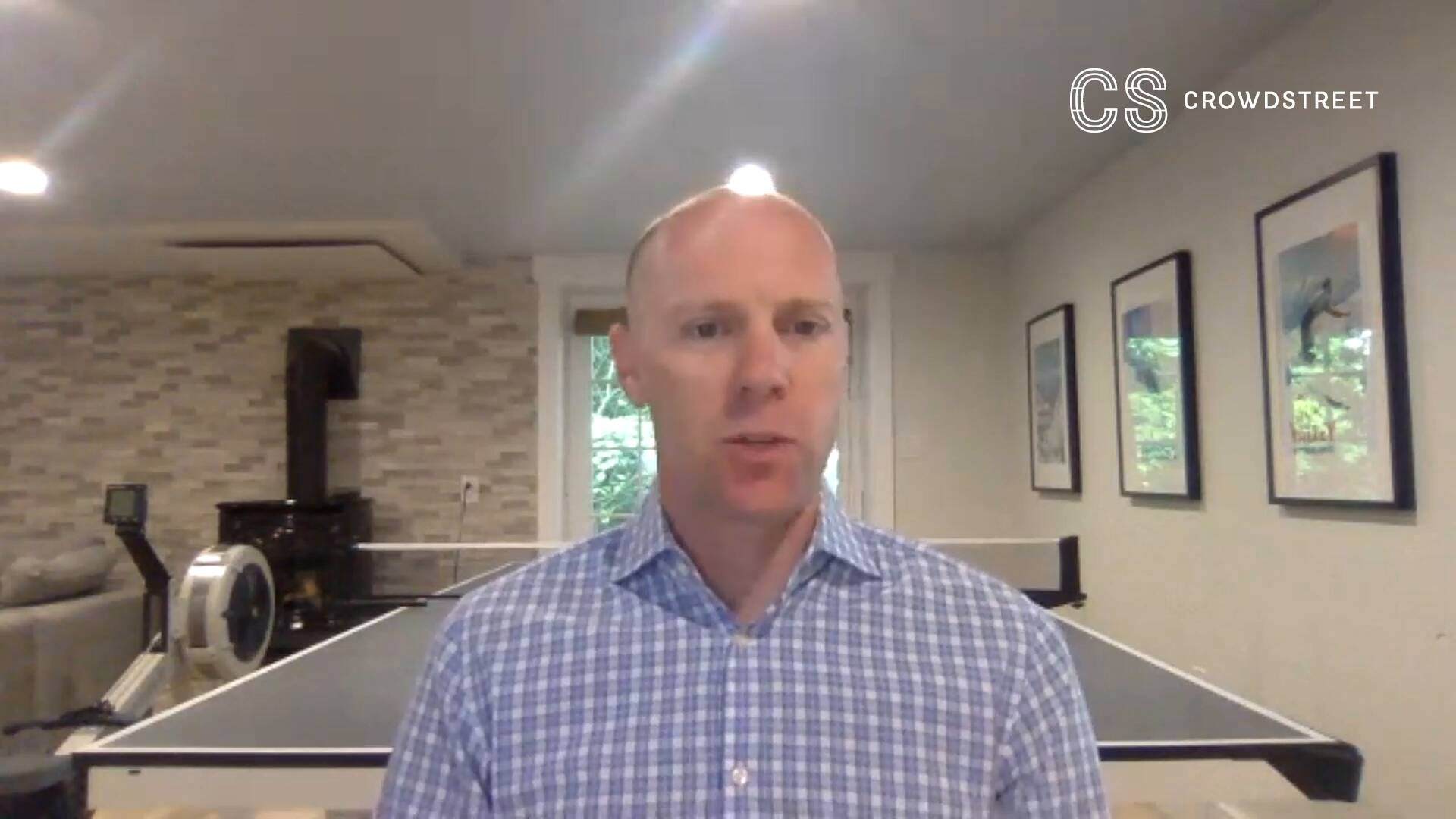
Crowd Street's Ian Formigle is joined by Malcolm Davies, Principal and Managing Direction at George Smith Partners, to talk about the efficiency of the debt markets, the recent spike in forbearance, and what happens when the stimulus package timeline runs out.